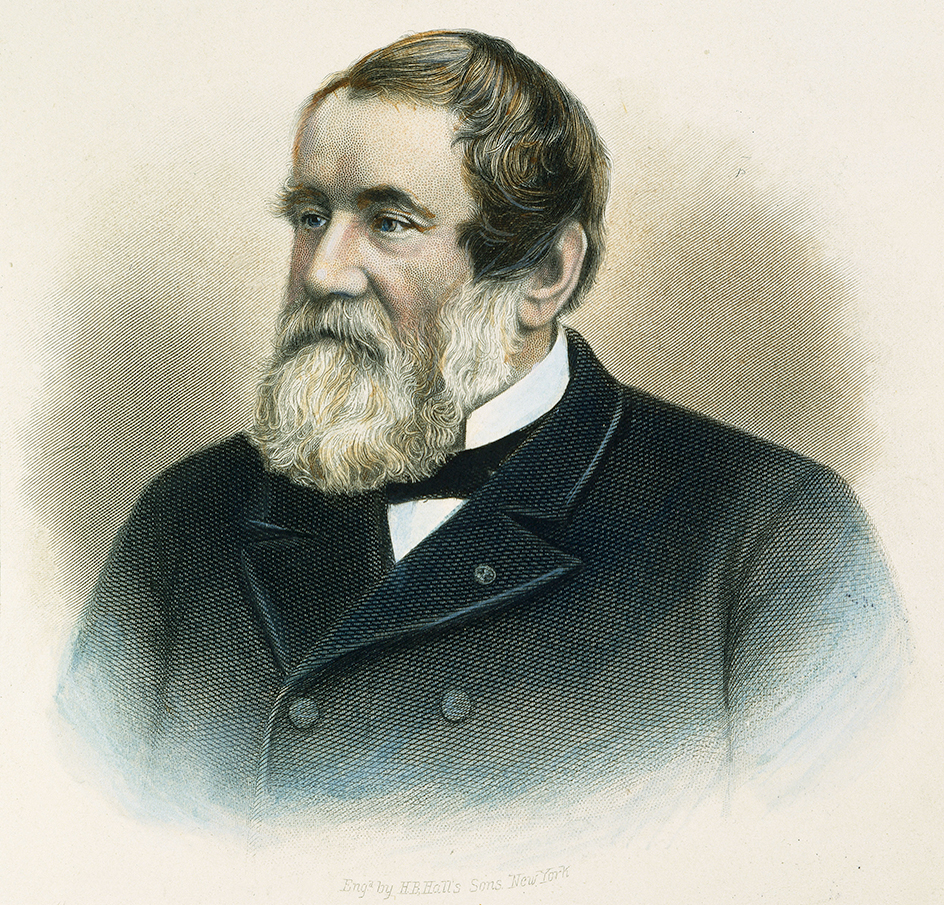McCormick, Cyrus Hall (1809-1884), invented a reaping machine that revolutionized grain harvesting in the United States. His horse-drawn reaper enabled farmers to harvest more than 10 acres (4 hectares) of grain per day. Before his invention, farmers harvested with cradle scythes and a skilled worker could harvest at most 2 or 3 acres (0.8 to 1.2 hectares) per day.

McCormick was born on Feb. 15, 1809, on a farm in Rockbridge County, Virginia. As a youth, he experimented with various tools in the hope of designing equipment that would simplify farmers’ work. He also observed his father’s unsuccessful efforts to construct a mechanical reaper. In 1831, Cyrus built his first reaper. He tested the device on wheat and oats and continued to make adjustments before patenting it in 1834. McCormick finally offered his reaper for sale in Virginia in 1840.
The reaper sold well, and McCormick expanded sales to other parts of the country in 1844. Sales boomed because the machine’s efficiency enabled farmers to raise more grain and greatly increase their income.
In 1847, McCormick moved his manufacturing operation to Chicago to increase sales. Centrally located in the Midwest, he used the Great Lakes to transport reapers to the Eastern States, and the Mississippi River to ship reapers into the South. McCormick gained worldwide fame in 1851, when he demonstrated his machine at an exhibition in London. By late 1851, Chicago newspapers boasted that the McCormick Harvesting Machine Company was the largest implement factory in the world. Its sales and distribution grew further in the 1850’s, when Chicago became a major railroad center.
McCormick remained president of the McCormick Harvesting Machine Company until his death on May 13, 1884. In 1902, the company merged with four other implement companies to form the International Harvester Company (now Navistar International Corporation).
